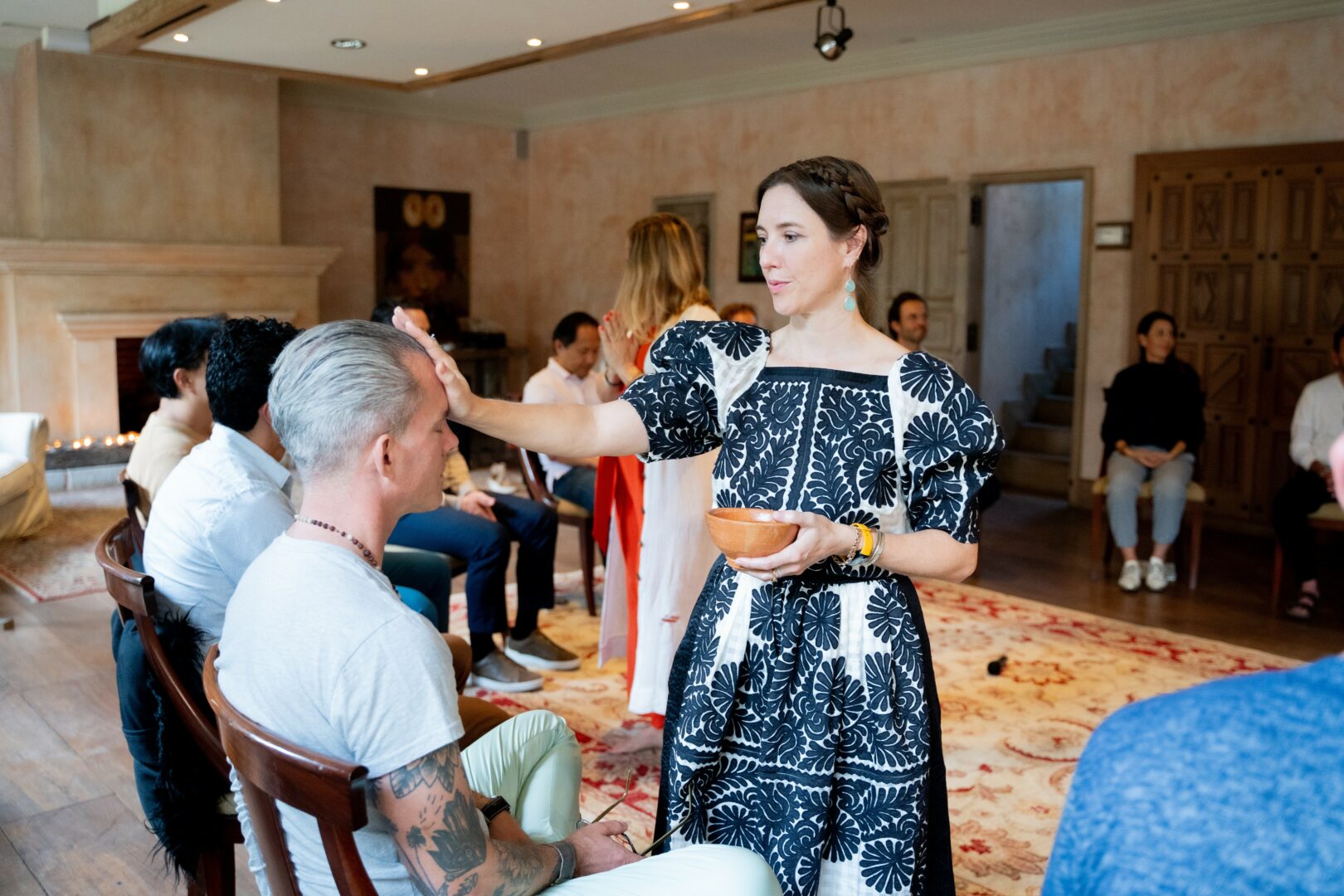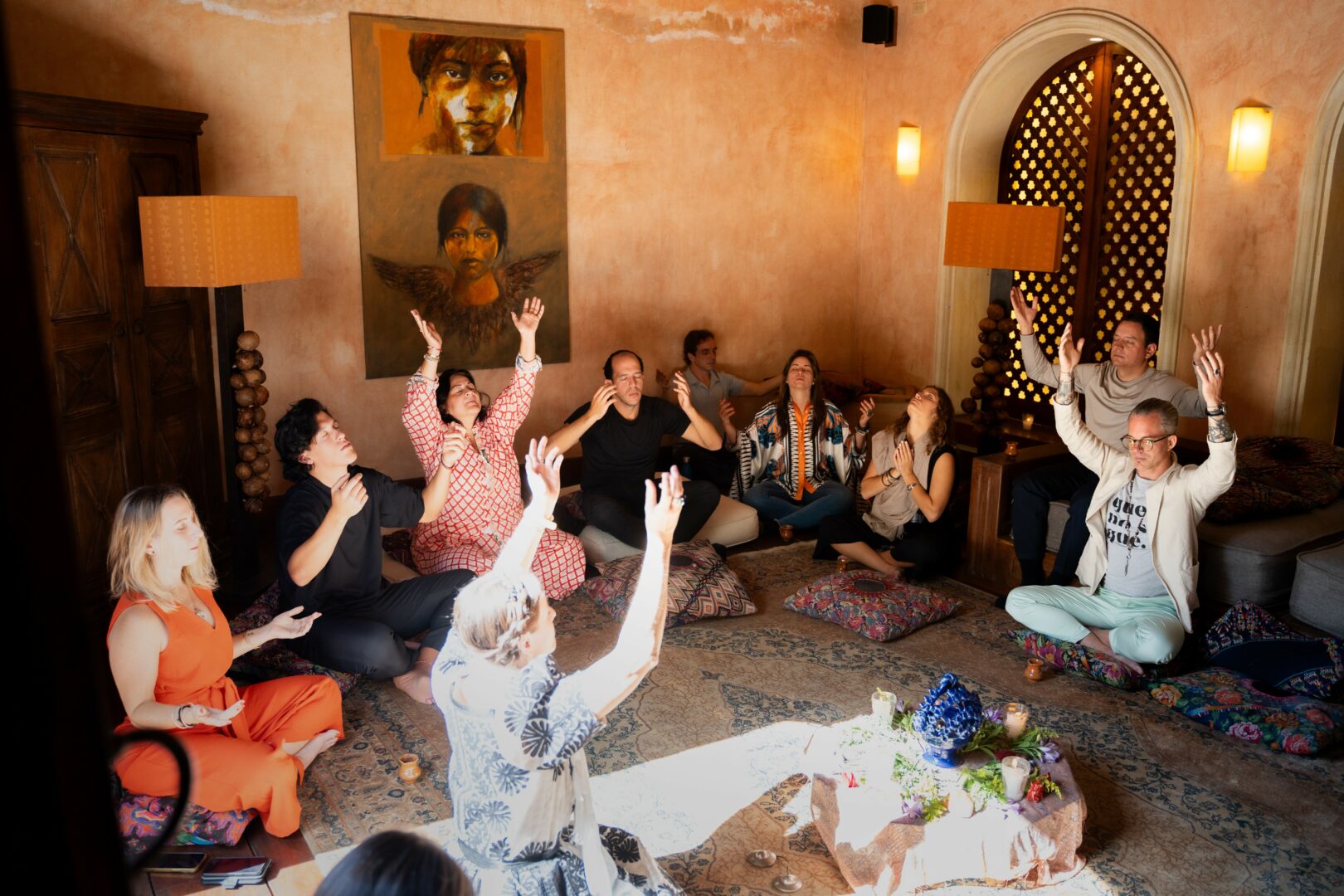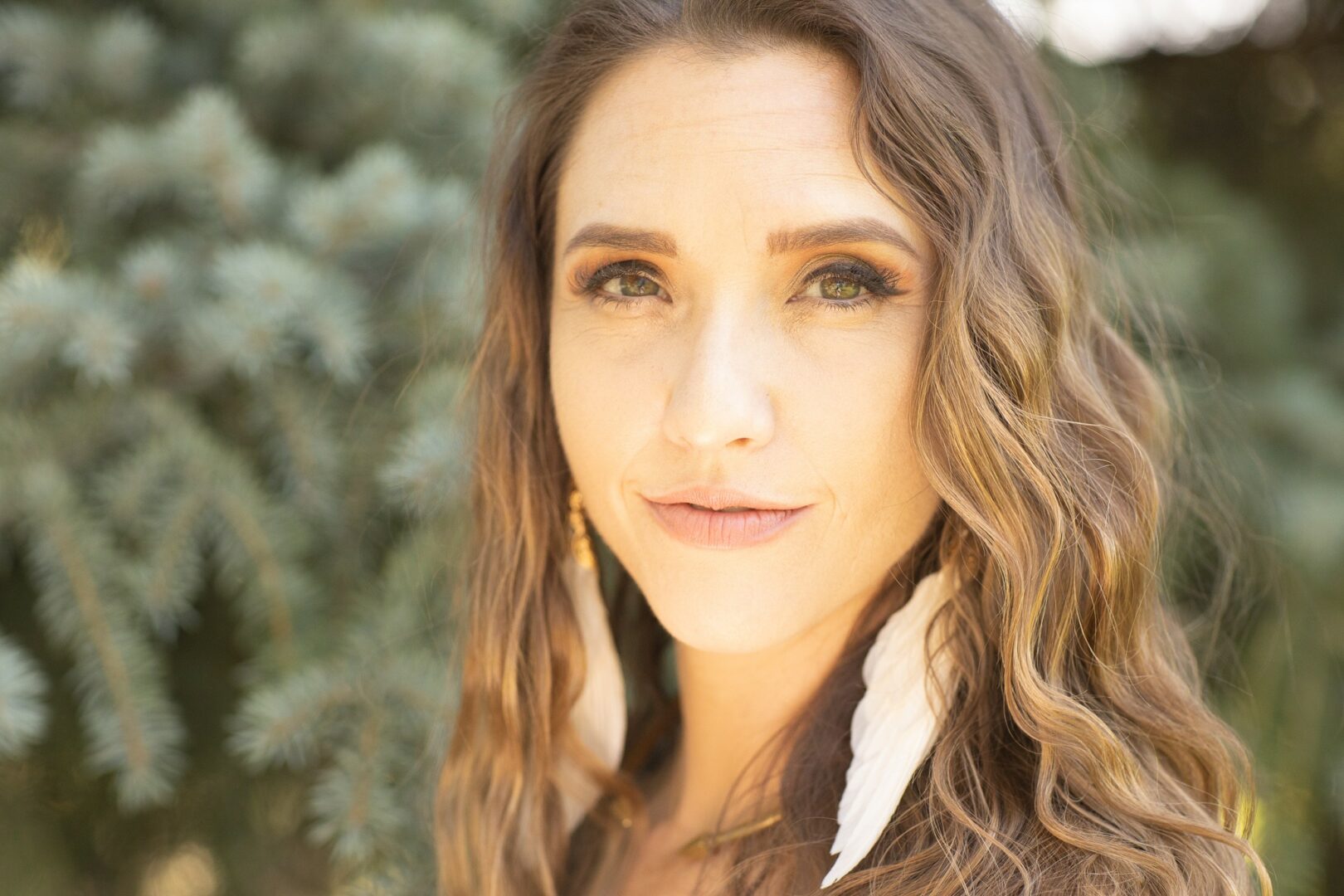We recently connected with Eva Katherine Coder and have shared our conversation below.
Eva Katherine, so great to be with you and I think a lot of folks are going to benefit from hearing your story and lessons and wisdom. Imposter Syndrome is something that we know how words to describe, but it’s something that has held people back forever and so we’re really interested to hear about your story and how you overcame imposter syndrome.
I would not say that I have not completely overcome my imposter syndrome. Whenever I teach or lead something new or am with a new group of people, I confront a part of me that wonders if I am qualified to do what I am doing. I often think that there is someone better to do it.
I also know that when I am hitting imposter syndrome that I am simply working an edge in me that needs to be worked. I also know that I am often more qualified than other people who teach similar things so that part of my uncertainty isn’t real.
The experience of being on the edge is enlivening!
I also rely on my relationship with God to guide me when I feel I am on this edge. I lean into the idea that God has put me in that moment with those people and so I am following God’s direction when I go ahead and share what is on my heart, Relying on God has been my biggest helper in facing imposter syndrome.

Let’s take a small detour – maybe you can share a bit about yourself before we dive back into some of the other questions we had for you?
In 2012 I began offering a mix of spiritual teaching, group facilitation, one-on-one work, and organizational wellness support. My passion has always been in working with the Divine embodiment to create more Beauty and healing in this world. I call it bringing heaven to earth.
I have had the honor and pleasure of supporting many different individuals on their paths from all over the world. Some of these individuals have brought me into their organizations to support those organizations and the people inside them. I have worked with house cleaners, stay at home parents, healers, founders, entrepreneurs, high profile leaders, and prodigies. And, I have worked with various non-profits, colleges and universities, psychedelic training programs, and, recently, a global summit.
My particularly brand of inspiration draws upon wisdom traditions, including indigenous perspectives from the Dagara, Sufism, Buddhist, non-dual/Advaita Vedanta and blends it with cutting edge healing methodologies from Somatic Experiencing, Psychedelic Somatic Interactional Psychotherapy, occupational therapy, and other nervous system regulating/somatic work.
Being licensed as a psychotherapist and certified in a number of trauma and psychedelic modalities, I can offer deep and powerful work that goes well beyond what a coach can offer. Being trained and certified as a coach, I can also switch my hat and approach clients desiring executive coaching with ease. As a Sufi Teacher in the Shadhiliyya Way tarika, I am qualified to offer spiritual teaching as well for those desiring deeper spiritual purpose and direction.
I blend all of these facets: therapy, coaching and spiritual guidance into one offering that meets each person where they most need to be met.

There is so much advice out there about all the different skills and qualities folks need to develop in order to succeed in today’s highly competitive environment and often it can feel overwhelming. So, if we had to break it down to just the three that matter most, which three skills or qualities would you focus on?
1. As a healer, the foundational area of knowledge that has been most important to me is the clinical psychotherapy training. This education provided the grounding for the work that I have now developed. It was only the beginning certainly, but it was the beginning. I have gone on to complete many more years of clinical training and learn additional healing modalities since graduation, but having a solid base has supported all of the additional work I have done.
2. All of what I have developed has been built on meditative practices. I began learning meditation just after graduating college, almost 25 years ago now, and that has served me in innumerable ways. I learned from forms of traditional Tibetan Buddhism, Zen Buddhism, and Shambhala’s form of meditation. I attended workshops, classes, meditation retreats, and had my own home practice. Learning to still my mind and watch my thoughts and, eventually, deepen into the formless has been life-changing.
3. While it’s tough to choose between learning somatic trauma healing and Sufi healing for my third area, I am going to choose the somatic trauma healing trauma training as my third skill set and area of knowledge that has been critical. I began this training in 2018 and have continued some form of it since then. Learning how to help our bodies through our nervous systems to become more resilient and release stuck places of trauma has benefitted my work tremendously. I believe that anyone working with people needs to know the nervous system and how to work with it effectively.

Before we go, any advice you can share with people who are feeling overwhelmed?
When I feel overwhelmed I know that I need to slow down, take some tasks off my plate, and get more support. These are my counsel for others that feel overwhelmed.
It is important to identify what is causing the overwhelm.
For me, usually I can identify it. As a solo parent who is also a sole provider, I have a lot of my plate typically. I have been giving myself permission to do less and slow down. I have needed to find a pace of working that works for health and not against it. There are often more people that want to work with me than I can work with, and I have needed to let work go to maintain myself. I am allowing this to be ok and trusting that God is guiding all of this.
Sometimes I meet folks who do not even know that what they are experiencing is overwhelm. I help them understand the state of overwhelm, how it feels in the body, and we work to resolve it somatically and strategically.
The risk of overwhelm is dissociation. Some momentary dissociation is normal as we fluctuate through different states throughout the day. Chronic dissociation is typically unhealthy unless a person is stuck in a chronic circumstance that they cannot escape from that is traumatic/dangerous.
Contact Info:
- Website: https://www.evamedicina.com
- Instagram: @eva__medicina
- Facebook: https://www.facebook.com/e.katherine.elizabeth/
- Linkedin: https://www.linkedin.com/in/katherinecoder/
- Other: https://vimeo.com/drkatcoder

Image Credits
Lucien Vattel
so if you or someone you know deserves recognition please let us know here.




